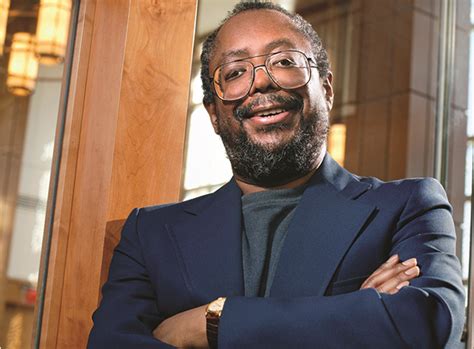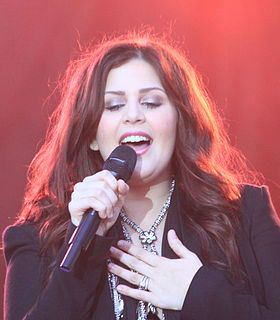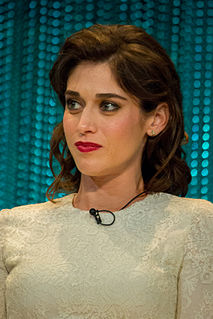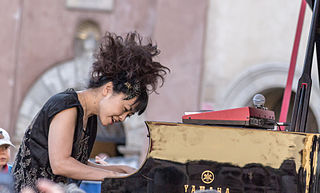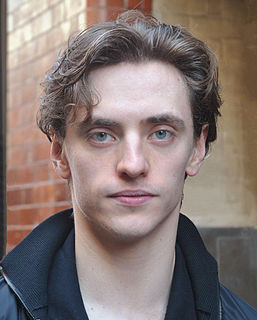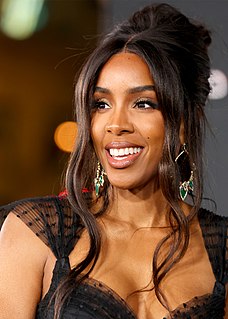A Quote by Maya Wiley
So, I was in a segregated, all black, public elementary school until fourth grade, until my father died. And that's when my mother transferred me to a private, predominantly white school and I saw both sides of the world at a very young age.
Related Quotes
I was born in Edinburgh, in Scotland, a few days after the end of the Second World War. Both my parents had left school at a very young age, unwillingly in my father's case. Yet both had deep effects on my education, my father influencing me toward measurement and mathematics, and my mother toward writing and history.
I had learning problems when I was in elementary school, and didn't really start to read well until high school. I never read any of the middle grade classics that were popular when I was young - 'Harriet the Spy', 'Charlotte's Web', 'The Witch of Blackbird Pond', 'Charlie and the Chocolate Factory'.
I went to Catholic school my entire life. Elementary school was probably my worst time - those are the years when you're figurin' out who you are, and then you've got the added pressure of being on the light-skinned side of things. I've been around - excuse me saying - predominantly white people in Catholic school, who sit around and just talk about black people because they thought they were in the presence of themselves, and they used to talk cool. I felt firsthand the racial prejudice that is still alive today.




